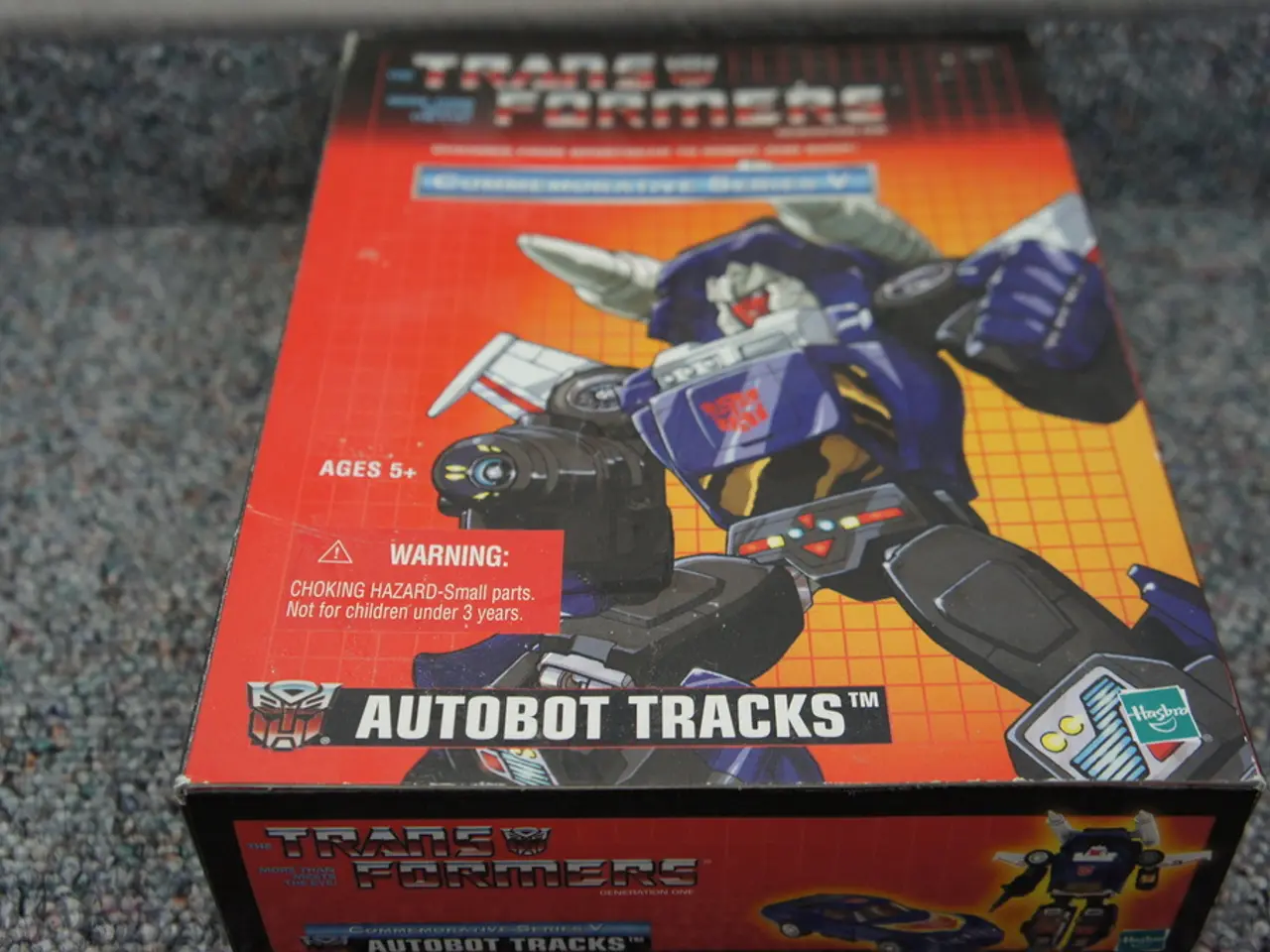AI Advancements Drive Smart Manufacturing Revolution
Smart manufacturing, an industry valued at $108.9 billion, is poised for exponential growth, projected to reach $241 billion by 2028, with a 17.2% Compound Annual Growth Rate (CAGR) [1]. This growth is largely driven by the integration of advanced technologies, including Artificial Intelligence (AI), which is expected to spearhead much of this growth [2].
One area where AI is making a significant impact is in the creation and management of digital twins. These virtual replicas of manufacturing processes or assets, powered by IoT sensor data and machine learning, offer real-time, highly accurate simulations, predictions, and optimizations [3][4]. For instance, AI-powered digital twins improve predictive accuracy through pattern recognition and reinforcement learning algorithms, boosting factory-wide efficiency and innovation [3][4].
In decision-making, AI processes large volumes of real-time data to optimize production scheduling, quality control, and resource allocation, supporting agile and flexible manufacturing ecosystems. AI-driven quality assurance systems, such as computer vision-based inspections, reduce defect rates significantly by detecting minute faults [1][3]. AI also accelerates design cycles by generating multiple alternatives and powering generative design [1][3].
Predictive maintenance is another key area where AI is making a significant impact. By analysing historical and sensor data, AI can predict equipment failures, enabling scheduled repairs before breakdowns occur. This reduces unplanned downtime and increases throughput without the need for new machinery investments [1][4]. AI-powered predictive maintenance is a cornerstone in minimizing costs and maximizing equipment availability [2][3].
In supply chain management, AI enables dynamic and data-driven responses to shifts in demand and logistics. AI systems forecast stock needs by considering seasonality and production trends, thus reducing waste and ensuring timely production [1][3]. Additionally, AI supports complex global supply chain route management, helping companies adapt quickly to disruptions and complexities [1][5].
Beyond these key areas, smart manufacturing ecosystems powered by AI and Industrial IoT create fully connected, intelligent factories. These systems improve workforce productivity via collaboration with cobots, optimize energy consumption, and enable hyper-customized production outputs [1][3][5]. Emerging technologies such as 5G, edge computing, and blockchain further enhance AI's impact by supporting faster data processing and secure, transparent data sharing [2].
AI is no longer a theoretical concept but a critical competitive necessity in smart manufacturing. It offers measurable efficiency gains (20-30%), significant reductions in downtime, accelerated product innovation, and resilient supply chains [1][2][3][4][5]. From optimizing supply chains to enhancing predictive maintenance, AI is revolutionizing the manufacturing industry, making it more efficient, adaptable, and innovative.
References:
- Smart Manufacturing: The Future of Industry 4.0
- The Impact of AI on Smart Manufacturing
- AI and Digital Twins in Manufacturing
- How AI is Transforming Manufacturing
- The Role of AI in Manufacturing
Finance plays a crucial role in the exponential growth of smart manufacturing, as investments in AI and digital twin technologies drive the industry towards a $241 billion market by 2028.
The integration of artificial-intelligence in various manufacturing processes, such as predictive maintenance and supply chain management, promises significant cost reductions (up to 30%) and improved efficiency, making it a key consideration in financial decisions.




